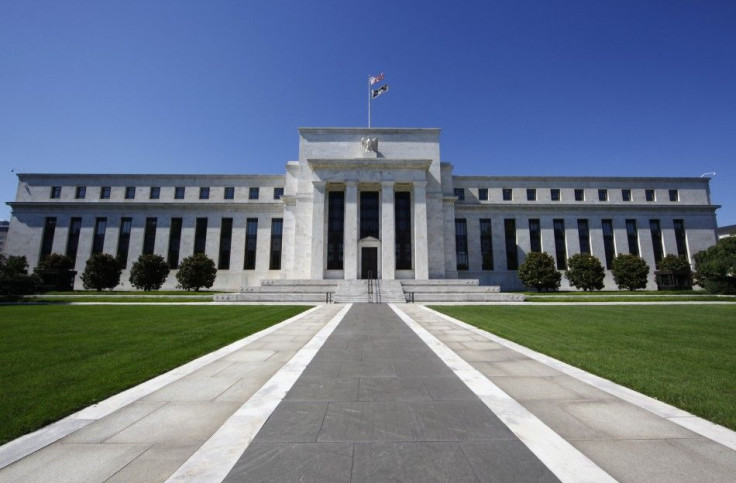Moderate Inflation Should Give Fed More Time to Stimulate U.S. Economy
Analysis

What represents the best news of the month for the U.S. economy? Arguably, it's the November inflation report at the consumer level - which indicated that prices were unchanged.
The consumer price index (CPI) was flat in November, after notching a 0.1 percentage decline in October.
What's more, while consumer prices are still up 3.4 percent in the past 12 months, that's down from the 3.9 percent year-over-year increase registered in June -- a sign that inflation has moderated slightly in the second half of 2011. And, the U.S. Federal Reserve concluded as much at its last monetary meeting for 2011.
Inflation has moderated since earlier in the year, and longer-term inflation expectations have remained stable, the Fed said in its Dec. 16 statement after it monetary policy meeting.
Further, core CPI rate -- which excludes the often-volatile food and energy component -- rose 0.2 percent in November, and although the 12-month core rate inched higher, to 2.2 percent in November, from 2.1 percent, that 's still within the Fed's comfort zone for inflation.
The significance of the moderating inflation trend for investors? The tolerable inflation trend will give the Fed the leeway to continue its quantitative easing program (and companion programs) to stimulate the U.S. economy. The price doves on the Fed will have more ammunition to support their case for maintaining QE versus the inflation hawks.
The inflation hawks argue that the Fed's quantitative easings -- QE, QE2 and Operation Twist -- have done little to stimulate end-market demand, called aggregate demand by economists, while simultaneously triggering an economic negative: higher inflation.
Conversely, the price doves argue that asset destruction / wealth destruction (also called the negative wealth effect) that occurs when the stock market drops about 1,000 points, combined with a smaller workforce stemming from large lay-offs during the 2007-2009 recession, have taken pressure off prices -- and provided leeway for the Fed to continue its quantitative easing policy to help increase U.S. GDP growth.
Price pressures are easing, Eric Green, chief market economist at TD Securities Inc. in New York, told Bloomberg News Friday. There is still considerable latitude for firms to absorb higher costs without passing them onto consumers.
Inflation Is Bad, Deflation Is Worse
About one year ago the Fed implemented QE2 when it became clear the economy, due to a lack of demand, was in danger of falling into a viscous cycle of declining revenue, and declining prices -- the dreaded deflationary spiral.
Deflation, a protracted, systematic decline in prices, robs companies of revenue and can lead to the dreaded deflationary spiral, in which price cuts lead to lower corporate revenue, prompting more lay-offs, leading to further consumer spending declines, prompting more price cuts, and so on. Deflation would hurt most corporations' top line, and that would weigh on the stock market.
Right now, the deflation risk is low, as most economists see the current U.S. consumer price condition as one of moderate inflation.
Economic/Market Analysis: Vying with the moderate inflation data point for the best of the month is the latest initial jobless claims report, which declined again last week, this time plunging by 19,000 to 366,000. It was the lowest initial jobless claims total in more than three years (May 2008), and it provided further evidence that -- while hiring remains modest -- lay-offs are declining -- another sign of a strengthening U.S. economy. If jobless claims continue to trend lower, that would imply an expanding workforce -- and that would put upward pressure on corporate earnings -- which would be good news for stocks.
Hence, one could make a case that the jobless claims stat is even better news than the CPI inflation report. Still, given that one of the Fed's mandates is price stability, and the danger high inflation would mean to the accommodationist monetary policy, tame inflation is the best news for investors and job seekers alike.
--
© Copyright IBTimes 2024. All rights reserved.











